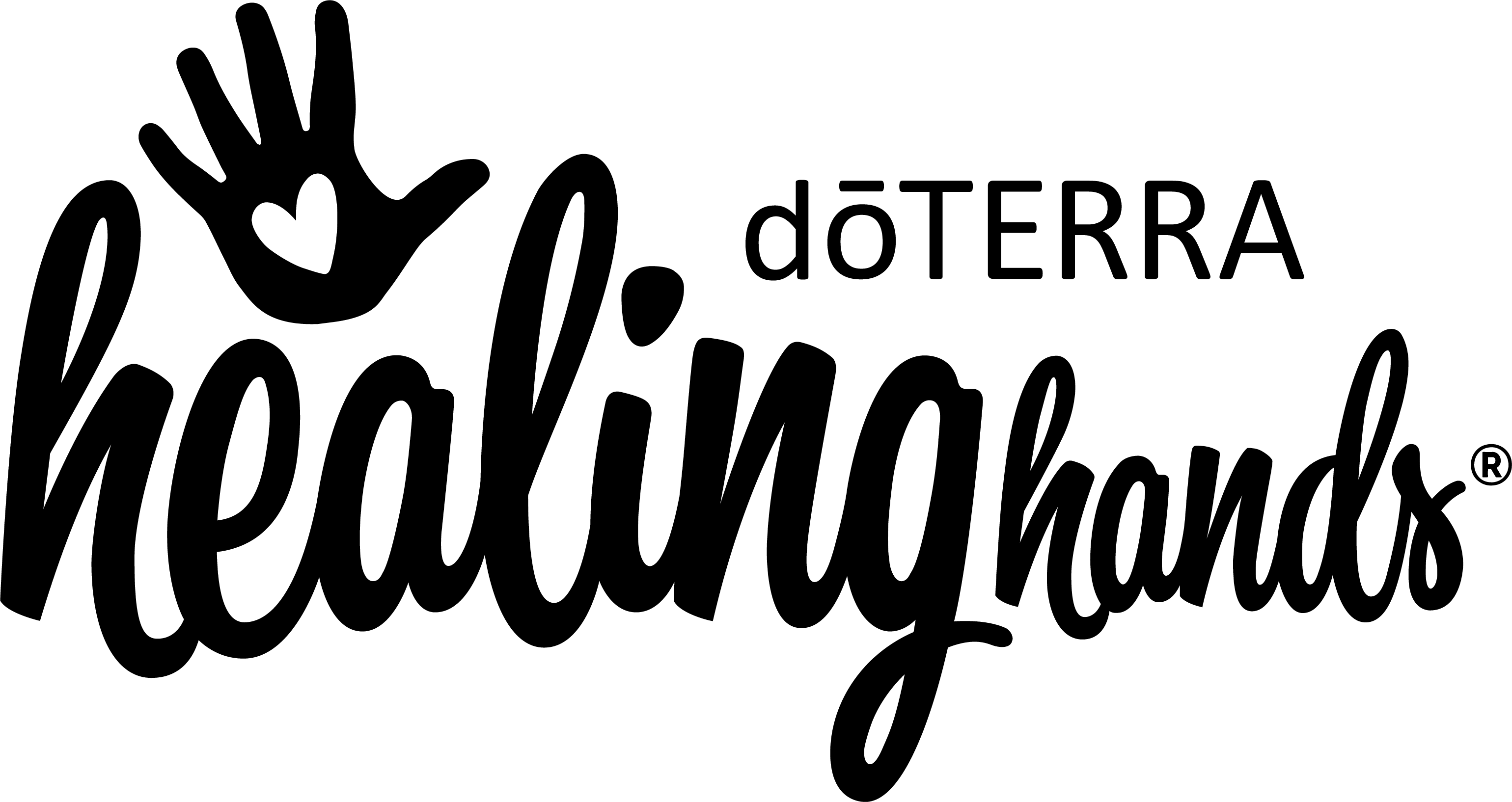Global Health
Whether the people we serve live in remote locations or domestic demographics, accessing basic healthcare resources is a challenge for many people around the world. From building medical clinics in Somaliland to increasing access to physical and mental health resources in the developed world, the doTERRA Healing Hands Foundation® is dedicated to serving both rural areas and domestic communities in need.
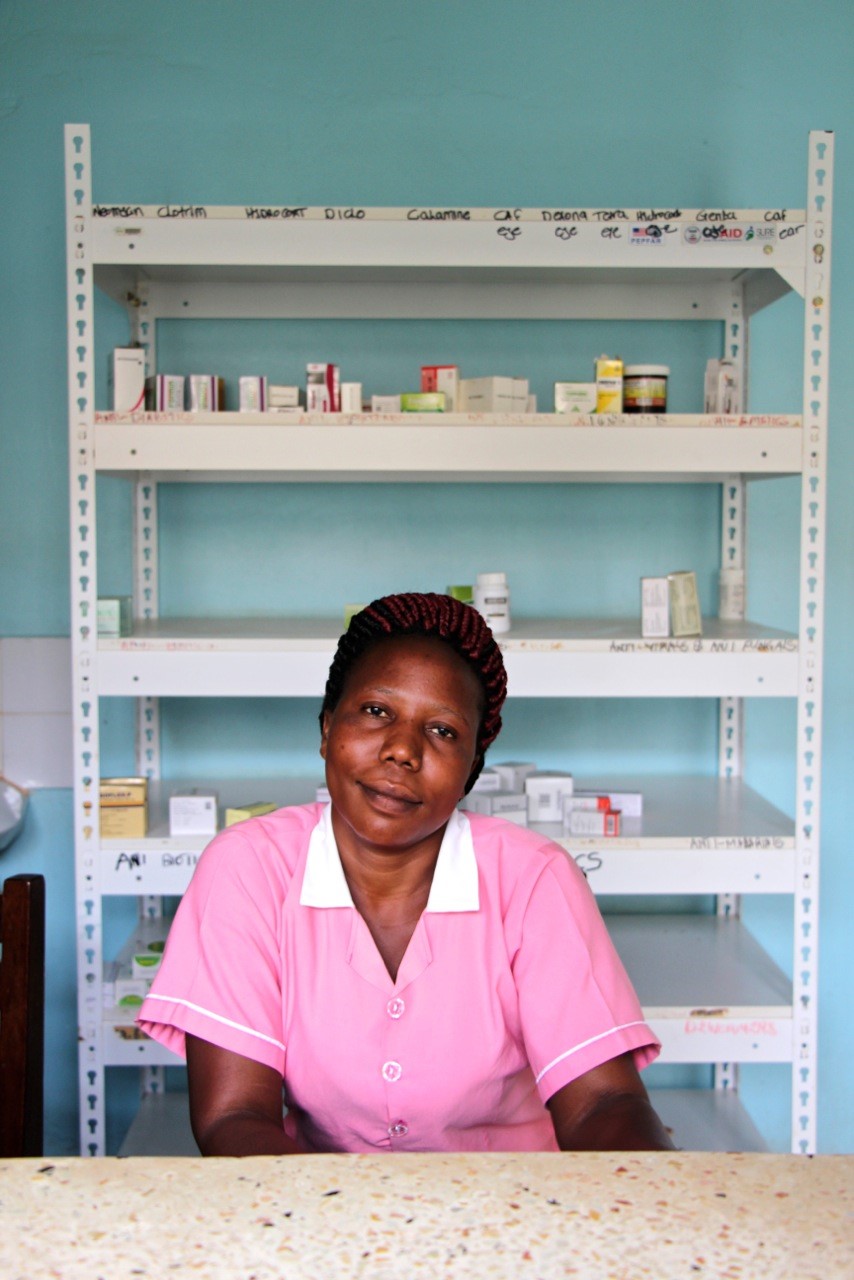
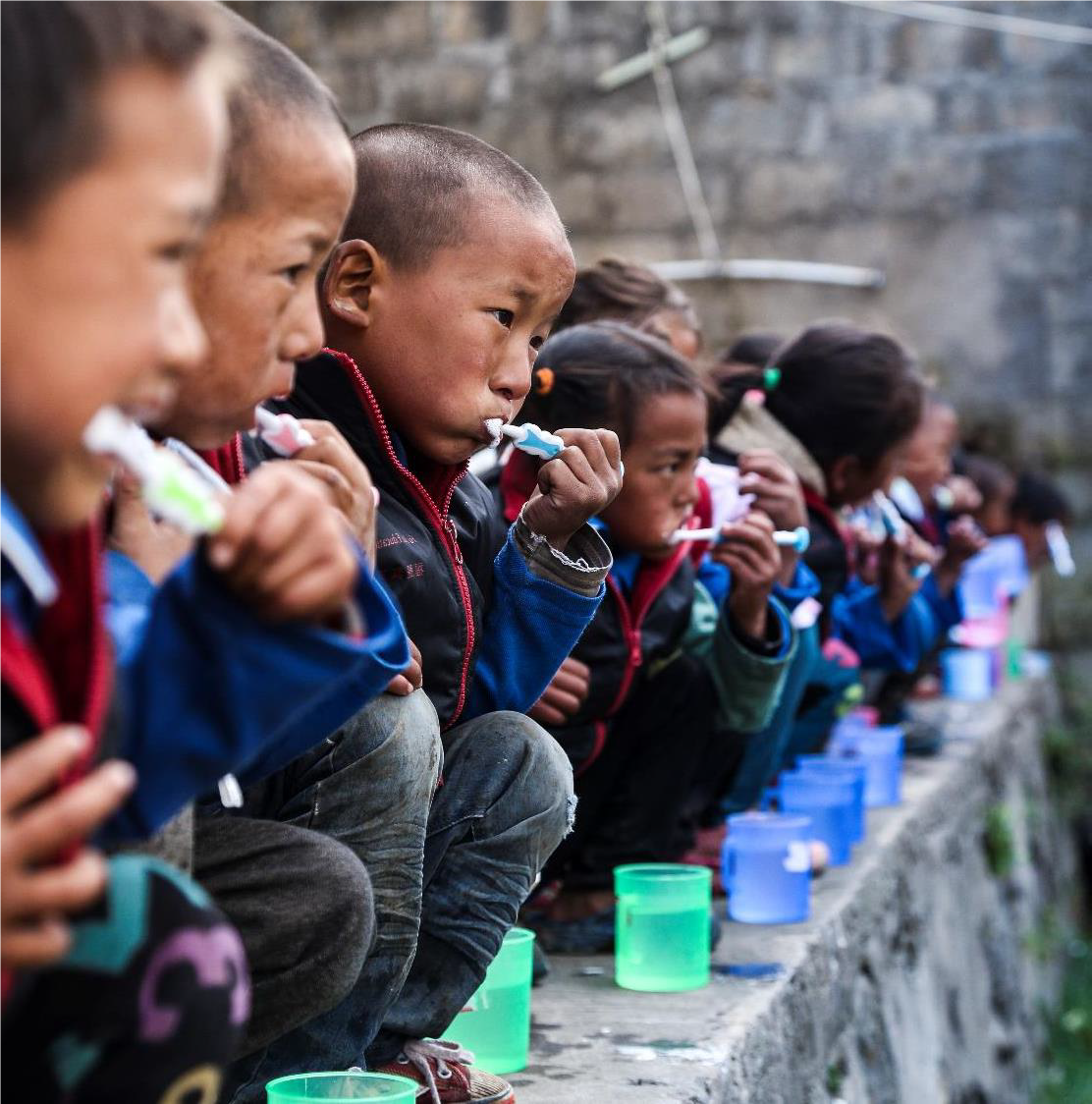
Did You Know?
-
In 2019, air pollution is considered by WHO as the greatest environmental risk to health. Nine out of ten people breathe polluted air every day.
-
Noncommunicable diseases, such as diabetes, cancer and heart disease, are collectively responsible for over 70% of all deaths worldwide, or 41 million people. This includes 15 million people dying prematurely, aged between 30 and 69. Over 85% of these premature deaths are in low- and middle-income countries.
-
An estimated 40% of the world is at risk of dengue fever, a mosquito-borne disease that causes flu-like symptoms and can be lethal and kill up to 20% of those with severe dengue. There are around 390 million infections a year.
-
In the US, suicide rates are the highest they’ve been since World War II. And according to the World Health Organization, between 76% and 85% of people with mental disorders in low- and middle-income countries receive no treatment for their disorders, including depression, bipolar disorder, schizophrenia, dementia, substance abuse, and developmental disorders.
-
Children in developing countries are 10x more likely to die before the age of five than children in developed countries.
-
Nearly 9 million children under the age of five every year, and about 70% of early child deaths are due to conditions that could be prevented or treated with access to simple, affordable interventions – conditions like diarrhea.
-
Diarrhea kills 2,195 children every day (1 in 9 children), which is the equivalent of 32 school busses full of children each day.
- Children who grow up in developed countries die less frequently of preventable diseases like diarrhea because they have easier access to doctors, hospitals, emergency rooms, clinics, and medication.
Sources:
CDC: https://www.cdc.gov/healthywater/pdf/global/programs/globaldiarrhea508c.pdf
WHO: https://www.who.int/pmnch/media/press_materials/fs/fs_mdg4_childmortality/en/
What Can I Do?
Solving international global health problems from your own home can feel distant and challenging. The easiest way for most people to impact international global health efforts is to make financial donations to organizations who are already working in those areas, but simply making a donation doesn’t always feel terribly impactful. Thankfully, there are many ways for us to engage in pursuing global health efforts and initiatives in our own lives and families.
Educate yourself.
The first step to changing the world for the better is to understand the problems we’re facing. Here are a few resources to help further that understanding of global health challenges:
-
Read up. Here’s an excellent article on how access to healthcare can look different for many different populations and individuals, but having that access is among the most important aspects of human development.
-
Learn about the how and why of effective altruism in this video.
- Learn about how crucial providing financial aid is to areas lacking health resources HERE.
Support the physical and emotional health of your family.
When we’re healthy and cared for, we can help and care for others. Here are some ideas of how to do that:
-
Choose a 30-day health and fitness challenge to do with your family. To encourage participation, set a goal and choose a reward to look forward to at the end! You can find ideas for how to do that HERE and HERE.
-
Assess and address mental health concerns in your own home with these 5 stress management techniques.
-
Take care of your family’s health during COVID. Find out how HERE.
- Support adolescents’ transition from childhood to adulthood. Learn more HERE.
Participate in a project.
Consider participating in The Match Program or donating to a Wellness Advocate matching project supporting a global health initiative. Search for one HERE.
Adjust the day-to-day.
Improving Global Health sounds like a momentous task which is best left to people who are knowledgeable in the field. False. Global Health, in fact, has more to do with the ways most of us live our lives, and if we adjust our lifestyles a little bit, we can be instruments of global change. Health is closely linked to our environment. Here are 4 things everyone can do to improve health for all:
- Be mindful about antibiotics use.
Even though antibiotics have changed the world by permitting long and healthful lives in a lot of communities, their overuse in the industry and health are the cause of antibiotic resistance in the world. It has been forecasted that antibiotic resistance will be responsible for 10 million lives lost in the future, and will thus be a more important cause of lives lost in the future than cancer.
- Change your consumption patterns.
Goal 12 of the Sustainable Development Goals invites stakeholders in changing their consumption patterns to have less negative impact on the environment. Advocates of sustainable production and consumption not only look at the price label of food but their impact on ecology when consuming.
- Be water-wise.
One of the biggest challenges in the world is getting clean water to people. Even though modern infrastructure often allows us to overlook clean water as a privilege, certain areas of the world are still facing a water crisis, as well as the health-consequences liked with poor water quality. So, be mindful of water use.
- Reduce your plastic use.
Plastic has been the subject of substantial bad press recently, and rightly so. Plastic, even though a versatile material, finds its way into ground and water systems. These will continue to affect our ecosystems for decades to come. Hence, it is important to either switch to biodegradable products or cease purchase of plastic products.
Work toward becoming financially independent.
This will enable you to support global health efforts with your financial resources. Several years ago, doTERRA launched the Free to Give program to encourage Wellness Advocates to pay off their personal debts so they could free themselves up to spend their money philanthropically. Here are some resources to learn more about this program:
-
Introduction to Free to Give: https://wave0.doterra.com/US/en/be-free-to-give
-
Free to Give application form: https://www.doterra.com/US/en/form/free-to-give
- Financial resources: https://www.doterra.com/US/en/be-free-to-give-financial-resources
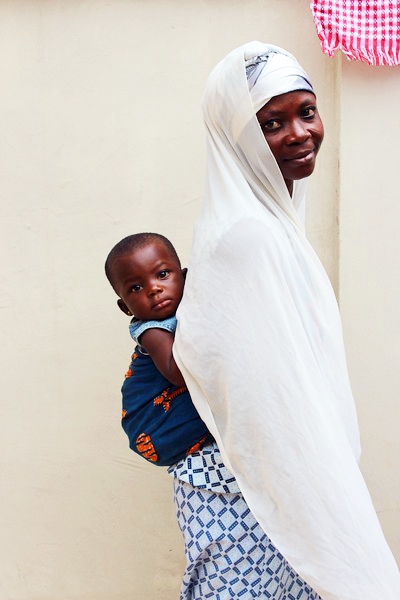
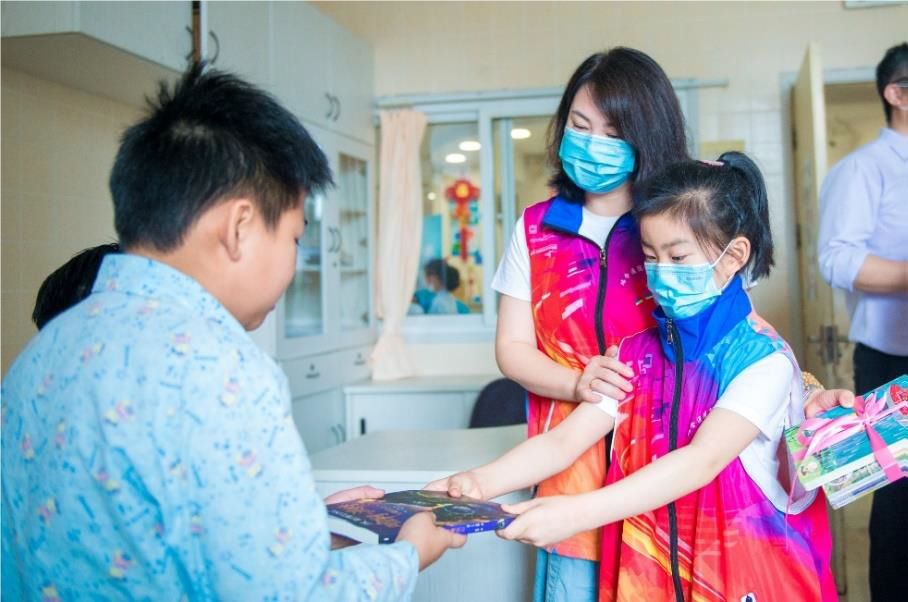
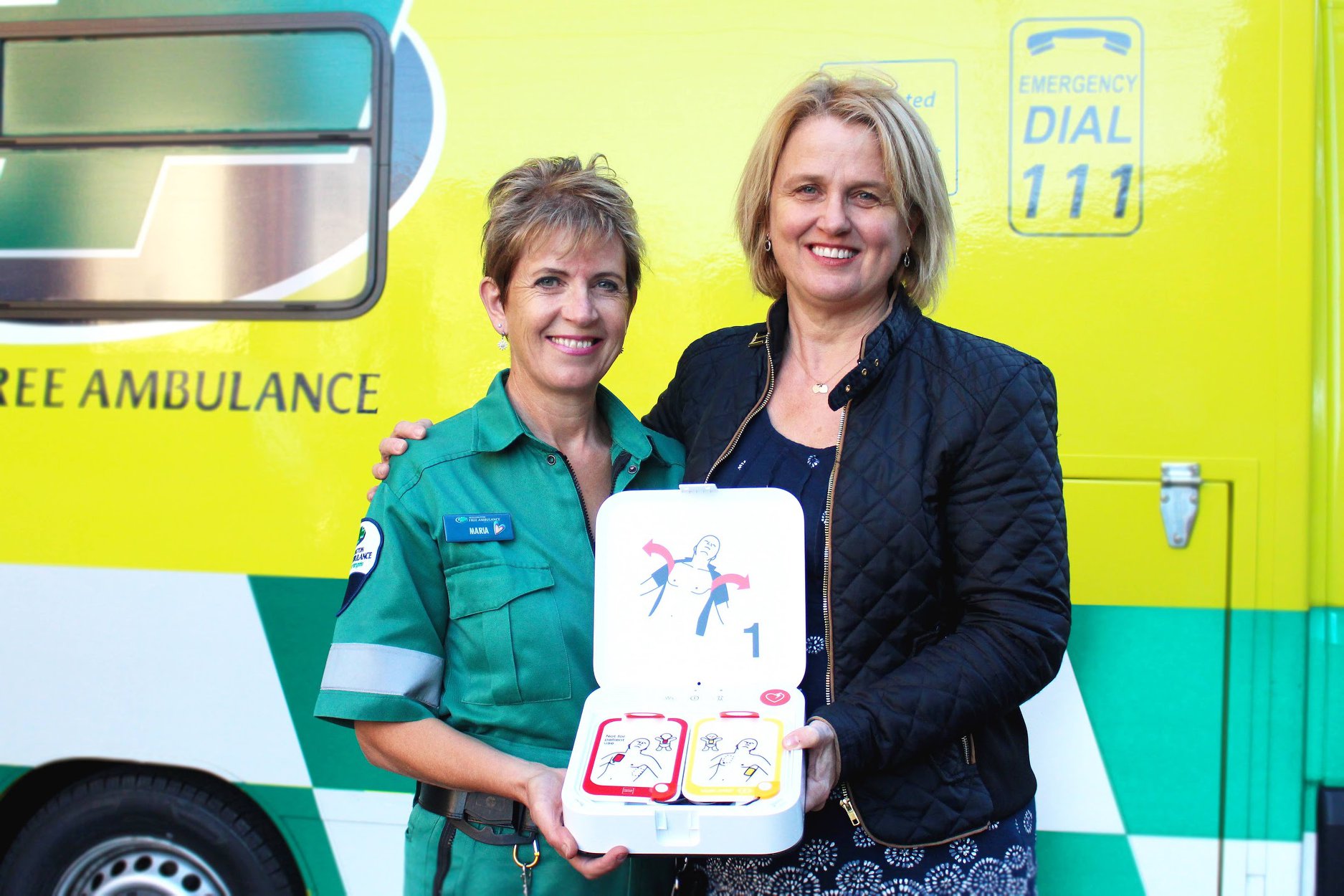
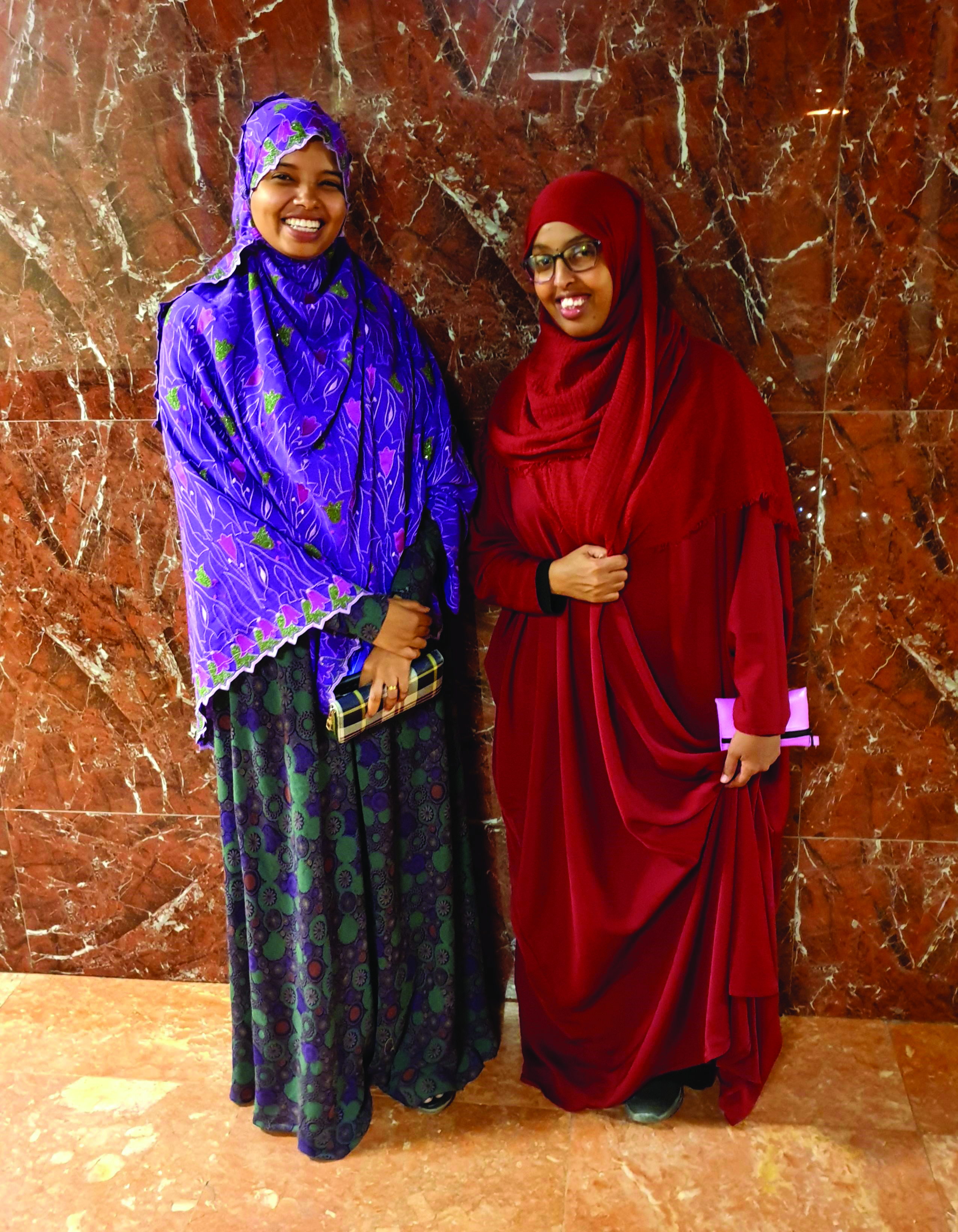
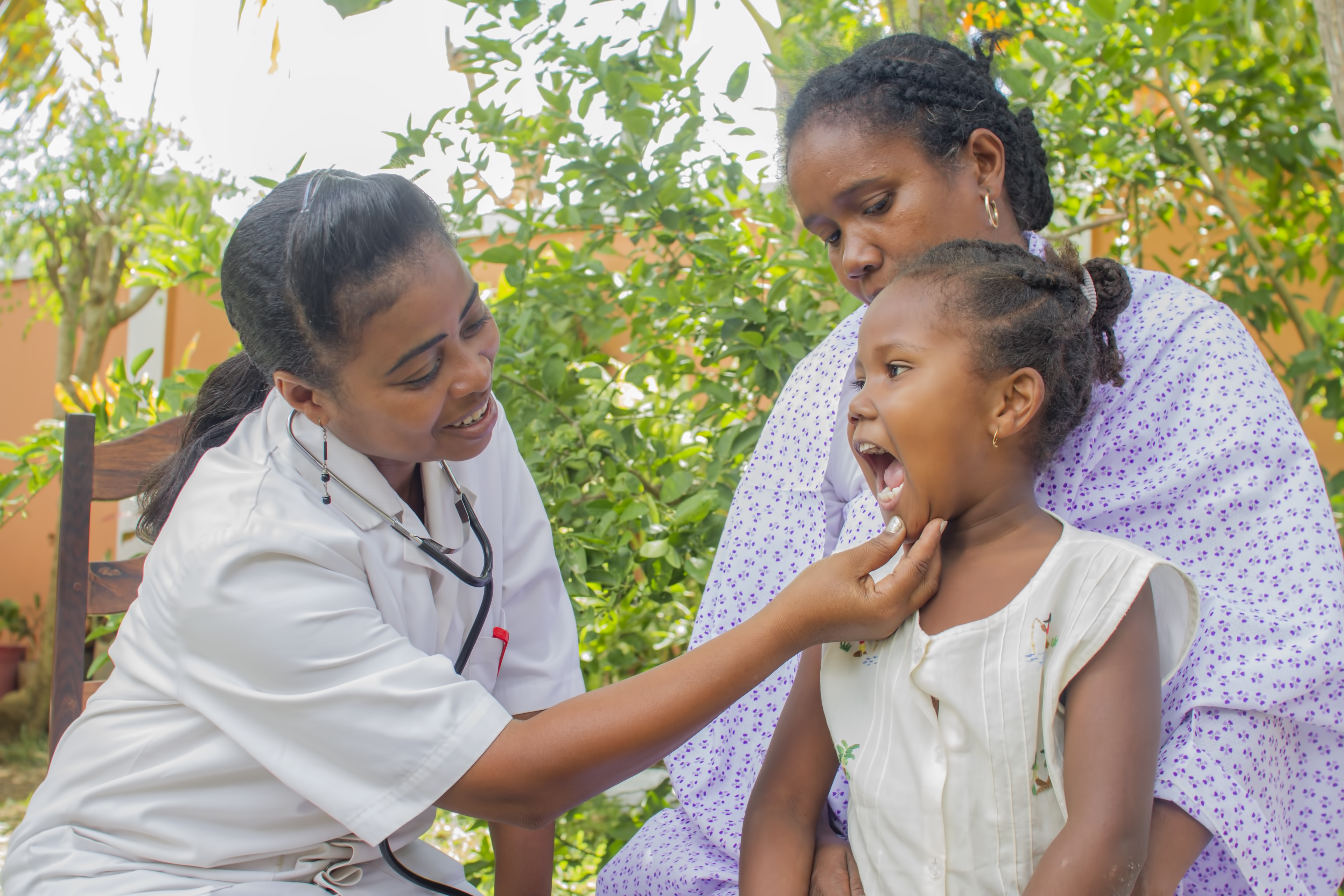

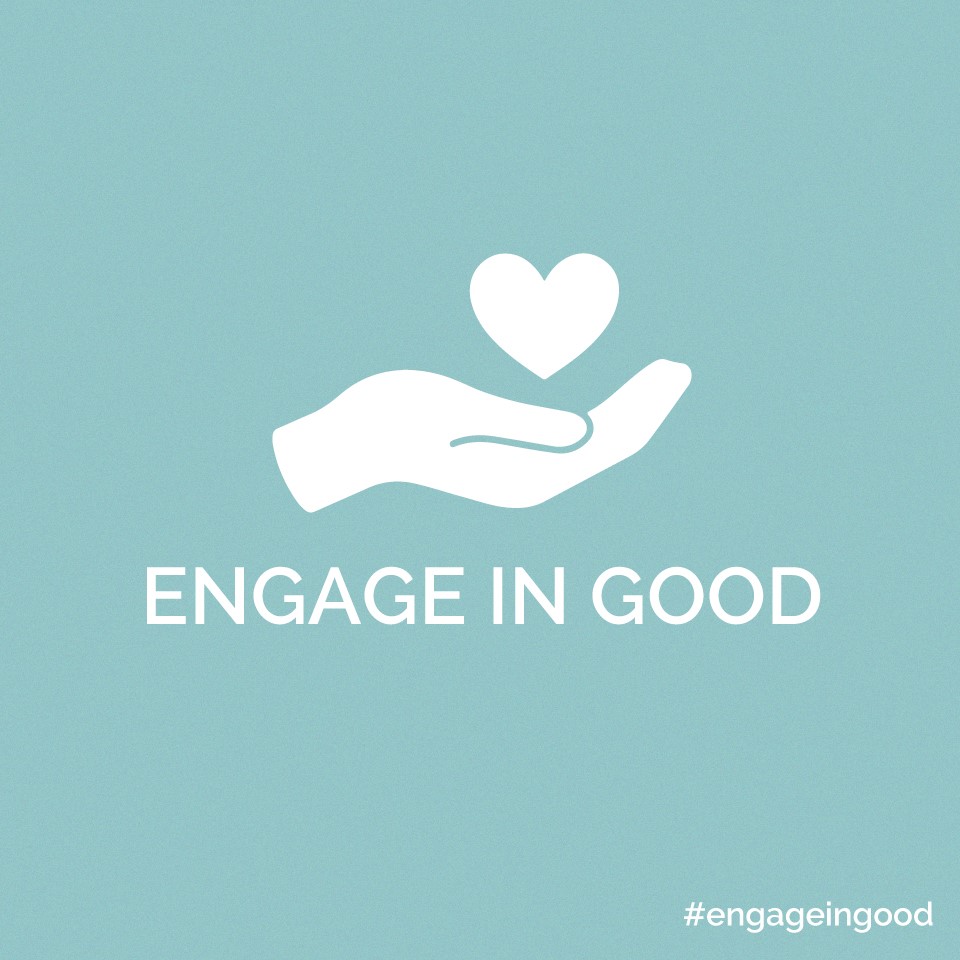
Join the dHHF Team!
Share what you’ve learned or a way you have taken action on social media. Make sure to include #EngageInGood on your post.

